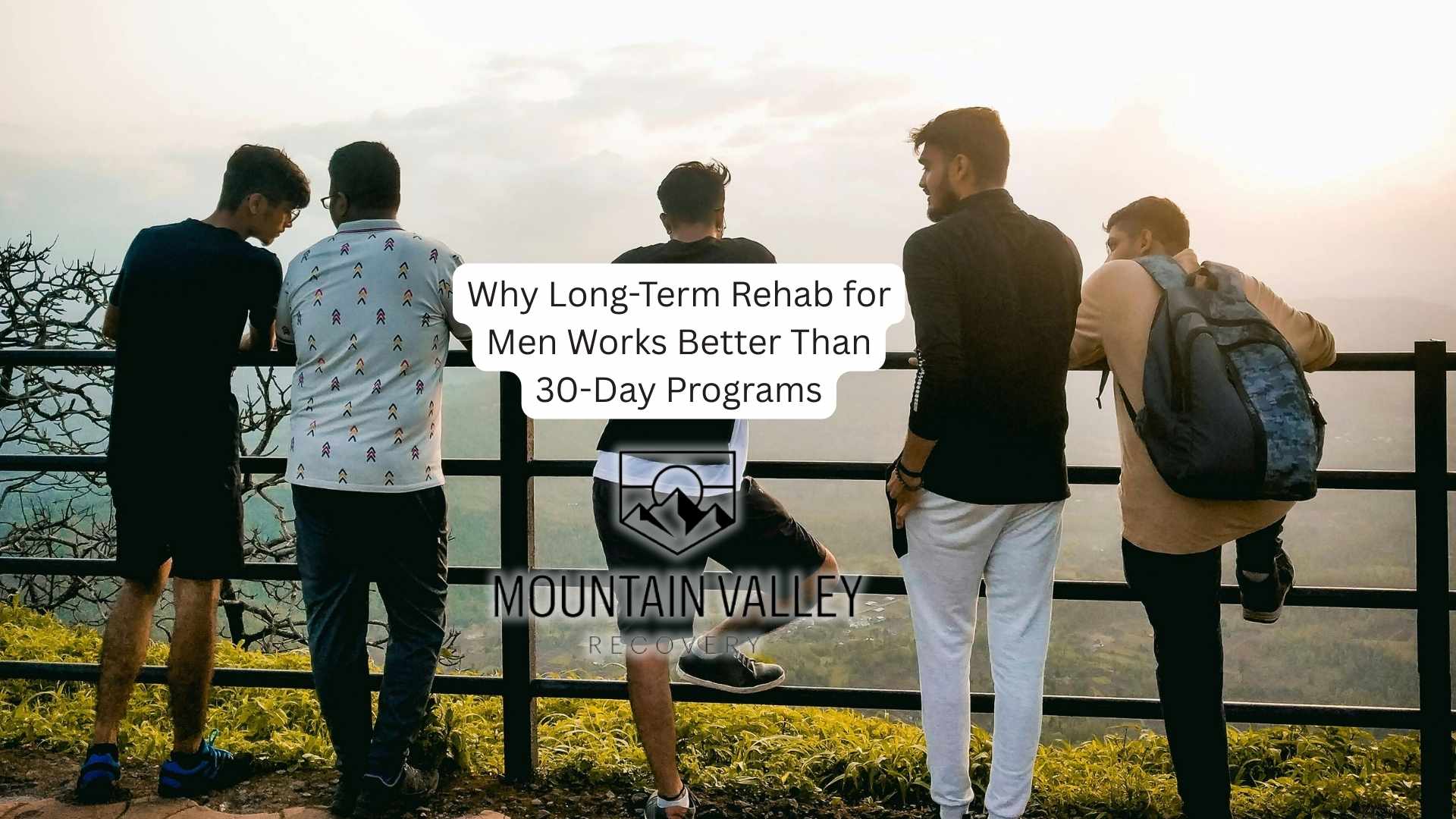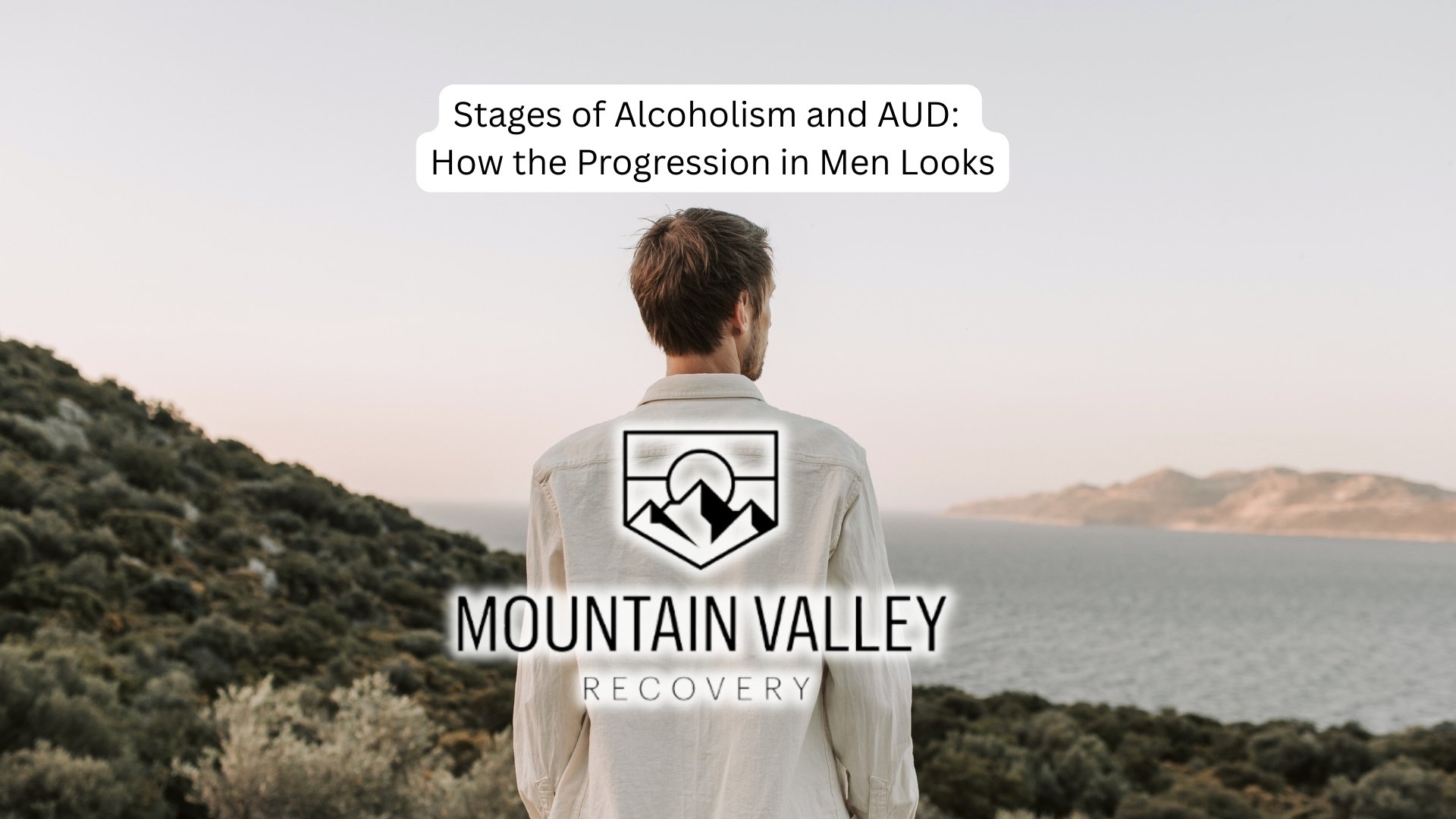While traditional rehabilitation programs emphasize the psychological and social aspects of recovery, they often overlook a crucial element: the role of proper nutrition. Substance abuse frequently leads to severe nutritional deficiencies, making it paramount to address these imbalances for both physical and mental recovery.
As we explore this topic further, we’ll examine how specific nutrients support various aspects of recovery, from detoxification to emotional regulation, and how implementing effective nutritional strategies can significantly bolster coping skills in men’s rehabilitation programs.
Nutrition’s Role in Recovery
When you’re in recovery, your body and mind are healing from the damage caused by substance abuse. Nutrition is essential for repairing this damage and restoring your physical and mental well-being. By eating a balanced diet rich in essential nutrients, you’ll be better equipped to cope with the challenges of rehab and maintain your sobriety.
Substance abuse can lead to nutritional deficiencies that impact your mood, energy levels, and cognitive function. These deficiencies can make it harder to develop effective coping skills and manage stress. By focusing on proper nutrition during rehab, you’ll be replenishing your body with the nutrients it needs to support your recovery. This means eating plenty of fruits, vegetables, lean proteins, and whole grains while limiting processed foods and sugar.
Incorporating nutrition education into your men’s rehab program will help you understand the connection between what you eat and how you feel. You’ll learn how to make healthier food choices that support your long-term recovery and enhance your overall well-being.
Key Nutrients for Enhancing Coping Skills
Omega-3 fatty acids, found in fish and flaxseeds, can reduce symptoms of anxiety and depression, bolstering your emotional resilience during recovery.
Vitamin B complex, especially B6 and B12, is crucial for neurotransmitter production, improving your mood and cognitive function to support better coping strategies. Magnesium, abundant in leafy greens, nuts, and whole grains, is linked to stress reduction and improved sleep quality, both essential for effective coping.
Antioxidants, like those in blueberries and spinach, combat oxidative stress and inflammation in the brain, enhancing your mental clarity and emotional stability during challenging recovery periods.
Amino acids, particularly L-glutamine and tryptophan, support the production of neurotransmitters like serotonin, which can improve your mood regulation and reduce cravings, aiding in the development of healthier coping mechanisms.
Incorporating both these key nutrients into your diet during rehab and life skills training can significantly enhance your ability to cope with the demands of recovery, empowering you to build a strong foundation for lasting sobriety and overall well-being.
Nutrition’s Impact on Specific Coping Skills
When you consume nutrient-dense foods, you’re better equipped to manage stress, regulate emotions, and maintain focus during therapy sessions. Proper nutrition also helps reduce cravings by stabilizing blood sugar levels and preventing mood swings.
As you develop mindfulness and relaxation techniques, you’ll find that a well-nourished body responds more effectively to these coping strategies. The act of preparing and enjoying wholesome meals can serve as a grounding ritual, providing structure and a sense of accomplishment in your daily routine.
Implementing Nutritional Strategies in Men’s Rehab
Incorporating a balanced diet rich in whole grains, lean proteins, fruits, and vegetables helps stabilize your mood and reduce cravings, making it easier to manage stress during rehab.
Tailoring meal plans to address specific nutrient deficiencies, such as omega-3 fatty acids and B vitamins, supports your mental health, boosting resilience against triggers.
Engaging in nutrition education sessions empowers you to make informed food choices that promote long-term health, ultimately enhancing your coping skills post-treatment.
By implementing regular, structured meal times and healthy snacks into your rehab routine, you’ll foster discipline and develop essential skills for maintaining sobriety.
Adequate hydration and electrolyte replenishment are also crucial for improving cognitive function and emotional regulation, contributing to better stress management in recovery.
Embracing these nutritional strategies during rehab lays the foundation for sustainable eating habits that support your ongoing journey to wellness.
Long-Term Benefits of Nutrition-Enhanced Coping Skills
As you develop effective coping skills backed by a well-balanced diet, you’ll establish a solid foundation for long-term recovery and overall health.
Nutritional education equips you with the knowledge to make healthier food choices, fostering a sense of control that directly contributes to improved coping mechanisms. By regularly consuming nutrient-rich meals, you’ll experience enhanced mental clarity and focus, enabling you to effectively manage triggers and stressors associated with substance use disorders.
Moreover, a balanced diet rich in whole grains, lean proteins, and fruits and vegetables stabilizes your blood sugar levels, preventing mood swings and reducing cravings that could potentially lead to relapse.
Integrating proper nutrition and recreational activities into your daily life not only supports your recovery journey but also promotes overall well-being, empowering you to maintain the coping skills you’ve acquired during rehab.
Final Thoughts from Mountain Valley Recovery
At Mountain Valley Recovery, we acknowledge the crucial role nutrition plays in the healing process and have incorporated this understanding into our all-encompassing inpatient rehabilitation program.
Our men’s-only ranch facility offers a distinctive and nurturing environment where individuals can concentrate on their recovery amid the tranquil backdrop of nature. By integrating evidence-based therapies with a strong focus on proper nutrition, we empower our clients to cultivate robust coping skills that serve them well beyond their time in our program.





